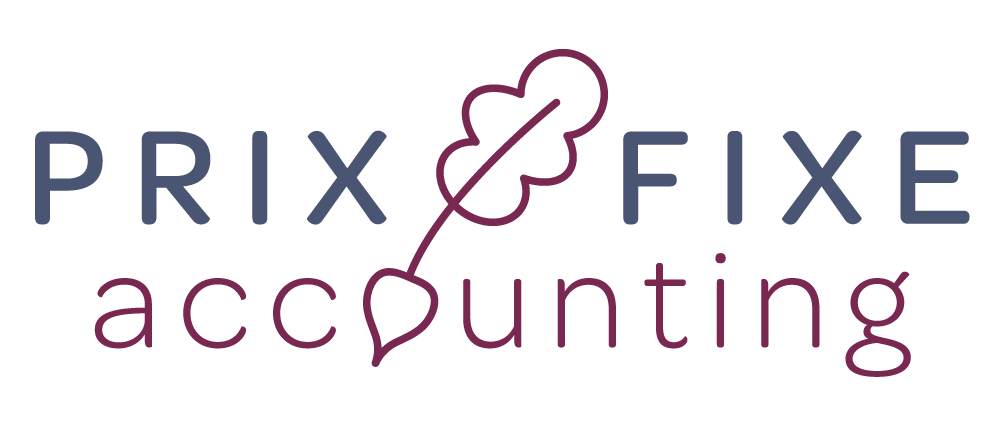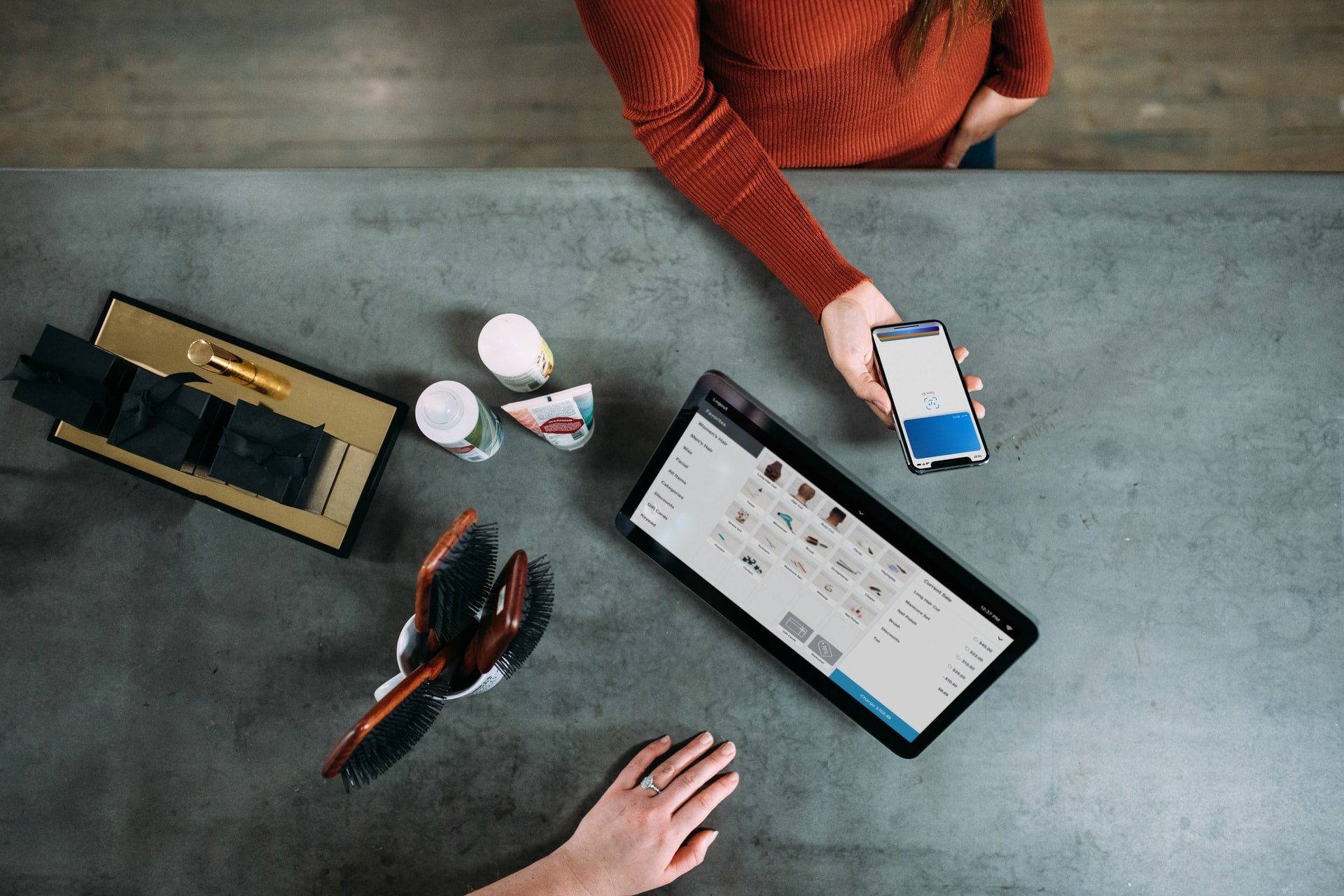A point-of-sale (POS) is an essential piece of equipment for many businesses, but selecting the right POS system can feel overwhelming with so many options.
The POS system consists of the software required to process the transactions and generate sales-related info. You’ll also need hardware to run the POS software, like a mobile phone, tablet, or computer.
With the right POS system, your business can better serve your clients and monitor your stock and inventory levels. Understanding the different types of POS systems can help you make the right decision for your business’s needs.
1. A Desktop POS System
You’ll need a computer or laptop to run a desktop POS system. An app or browser is often required for this system.
The desktop POS system connects to a cash drawer, card swiper, and barcode scanner. Thanks to the large size, this option is ideal for businesses with a high volume of transactions, like grocery stores or salons.
2. A Mobile POS System
A mobile POS system typically consists of a smartphone and a card reader that attaches to the smartphone. The phone will run your POS software. You can also use a barcode scanner or receipt printer if needed.
Mobile POS systems are small and portable, making them an excellent option for businesses that operate in multiple locations, like street vendors or housekeepers.
3. Self-Service POS Systems
Self-service POS systems allow customers to ring up and pay for their purchases without an employee's assistance. This alternative is popular for selling tickets, paying for parking, and purchasing grocery or retail items.
4. Tablet POS Systems
A tablet POS system is similar to a mobile POS system, except for the larger screen provided by the tablet.
You'll appreciate having the larger screen if you have a lot of inventory or complete many ordering and purchasing tasks. Coffee shops, art galleries, bakeries, and gift shops are a few businesses that may prefer a tablet POS system.
5. On-Site Server POS Systems
On-site server POS systems require a physical server to process your transactions. While these systems are easy to use and allow employees to complete transactions rapidly, they’re more expensive than other options. You also risk losing your transaction data if the server is damaged.
6. Cloud Computing POS Systems
A cloud computing POS system doesn’t require a physical server; instead, your transaction data is stored on online software that you can access anywhere you have an internet connection. Cloud computing POS systems are cheaper due to the lack of a physical server.
Mobile and tablet POS systems are a type of cloud computing POS system. Depending on the setup, desktop and self-service POS systems can also utilize cloud computing.
Start Using a POS System for Your Business
Ready to invest in a new POS system to streamline your business’s operations? Contact Prix Fixe Accounting today for POS installation services.

